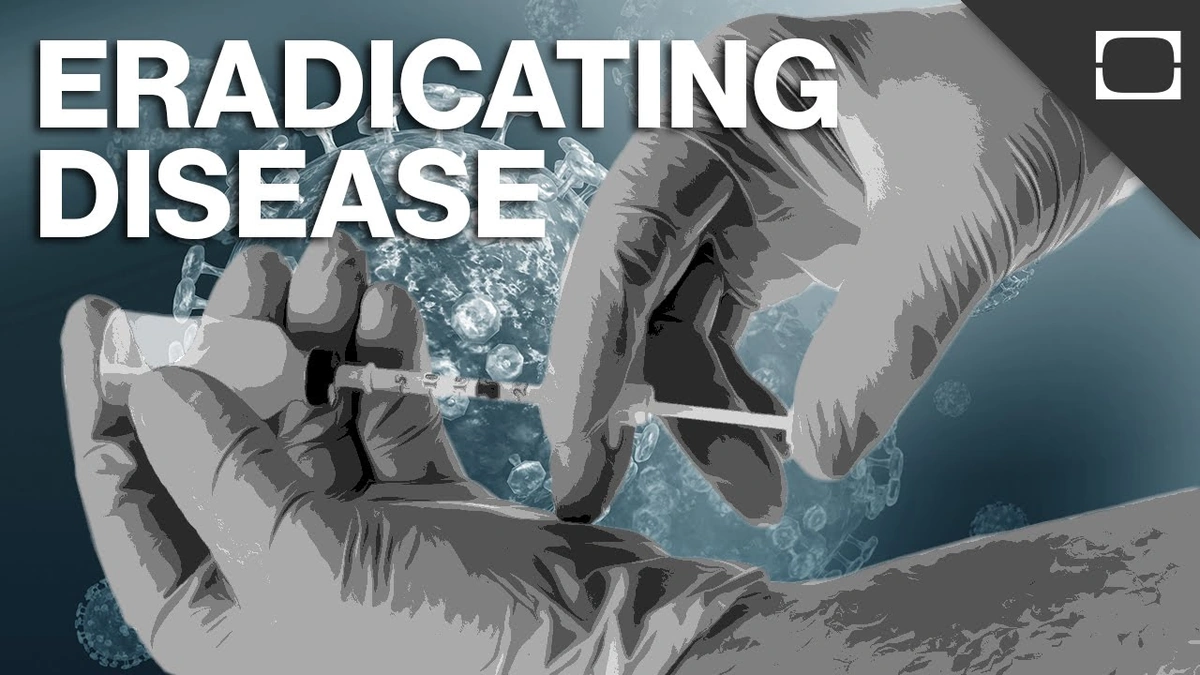OB/GYN Weekly Review | Vaccine Confidence, HRT Updates, and More
Hey there, future parents, health enthusiasts, and anyone curious about the world of women’s health! This week in OB/GYN news, we’re diving into some crucial updates, and I’m not just talking about surface-level reporting. I’m talking about understanding why these updates matter to you, your family, and the broader community.
Vaccine Confidence | Addressing the Concerns

Let’s be honest, vaccine confidence is a hot topic. But it’s more than just a headline; it’s about real fears and questions people have. We’re seeing a lot of discussions around vaccines in pregnancy – specifically, how they impact both mom and baby. The key takeaway here isn’t just that vaccines are recommended (which, by the way, they overwhelmingly are by leading medical organizations) but understanding why .
Here’s the thing: pregnancy changes everything. Your immune system shifts, making you potentially more vulnerable to severe illness from certain infections. Vaccines offer a shield, not just for you, but for your developing baby, who can’t be vaccinated directly right away. A common concern I hear is about vaccine safety. According to the CDC , the vaccines currently recommended during pregnancy have undergone extensive research and have been proven to be safe.
What fascinates me is how quickly misinformation can spread. It’s crucial to rely on credible sources – your OB/GYN, the CDC, the American College of Obstetricians and Gynecologists (ACOG) – for accurate information. Don’t fall down the rabbit hole of social media rumors.
HRT Updates | Navigating the Menopause Maze
Hormone Replacement Therapy (HRT) – it’s a phrase that often comes with a mix of hope and anxiety. The landscape of HRT is constantly evolving, and this week brings some important nuances to consider. Now, when we talk about HRT updates , it’s not just about new drugs; it’s about a more personalized approach. Doctors are increasingly focusing on individual risk factors, symptoms, and overall health to determine the best HRT strategy.
A common mistake I see people make is thinking HRT is a one-size-fits-all solution. It’s not. It requires careful consideration and ongoing monitoring. What works for your friend might not work for you, and that’s perfectly okay. The latest research emphasizes the importance of starting HRT closer to the onset of menopause for optimal benefits and reduced risks. So, if you’re approaching menopause, have an open and honest conversation with your OB/GYN about whether HRT is right for you. Remember to discuss potential side effects of HRT .
And speaking of personalized approaches, let’s not forget lifestyle factors. Diet, exercise, stress management – they all play a significant role in managing menopausal symptoms, whether you choose HRT or not. Think of HRT as one tool in a larger toolbox. ICMR has also released updated guidelines, be sure to research your local recommendations.
Beyond the Headlines | The Bigger Picture
What fascinates me is how interconnected everything in women’s health truly is. Vaccine confidence impacts maternal health, which in turn impacts infant health. HRT decisions affect not just physical well-being but also mental and emotional health. It’s a complex web, and that’s why it’s so crucial to stay informed and have open conversations with your healthcare providers. Don’t be afraid to ask questions, voice your concerns, and advocate for your own health.
These weekly reviews are designed to cut through the noise and provide you with actionable information you can use. Let’s be honest; navigating the world of OB/GYN can feel overwhelming. But with the right information and a supportive healthcare team, you can make informed decisions and take control of your health journey.
The Importance of Preventative Care
Preventative care is paramount in OB/GYN. Regular check-ups, screenings, and discussions with your doctor can help identify potential issues early on, when they’re often easier to treat. According to recent reports, many women are delaying or skipping preventative appointments due to various reasons, including concerns about cost and access.
But, early detection of conditions such as cervical cancer, breast cancer, and other reproductive health issues can significantly improve outcomes. Make it a priority to schedule your annual check-up and discuss any concerns you may have with your OB/GYN. Remember, your health is an investment, not an expense. Prioritizing women’s healthcare is vital to your wellbeing.
One thing you must absolutely double-check: your insurance coverage for preventative services. Many plans cover these services at no cost to you, so take advantage of them! Here are some tips for improving vaccine uptake .
Navigating the Healthcare System in India
Access to quality healthcare is a significant concern for many in India. Whether it’s geographical barriers, financial constraints, or lack of awareness, navigating the healthcare system can be challenging. However, there are resources available to help. Government initiatives like the National Health Mission (NHM) aim to improve healthcare access and affordability, particularly for women and children.
Additionally, many NGOs and community organizations work tirelessly to provide healthcare services to underserved populations. Don’t hesitate to reach out to these organizations for assistance. Your health and well-being are worth fighting for. Russia Cancer Vaccine Enteromix may have updated guidelines in India.
FAQ | Your Burning OB/GYN Questions Answered
What are the latest recommendations for pap smears?
The frequency of pap smears depends on your age, medical history, and previous results. Generally, women aged 21-29 should have a pap smear every three years. Women aged 30-65 may opt for pap smears every three years, HPV testing every five years, or co-testing (pap smear and HPV test) every five years. Talk to your OB/GYN to determine the best screening schedule for you.
Is it safe to exercise during pregnancy?
In most cases, yes! Exercise during pregnancy offers numerous benefits, including improved mood, reduced back pain, and better sleep. However, it’s essential to consult with your doctor before starting or continuing any exercise program. Avoid high-impact activities and listen to your body.
What are the signs of postpartum depression?
Postpartum depression can manifest in various ways, including persistent sadness, loss of interest in activities, changes in appetite and sleep, and difficulty bonding with your baby. If you experience any of these symptoms for more than two weeks, seek professional help. You’re not alone, and treatment is available.
How can I improve my chances of getting pregnant?
Several factors can influence fertility, including age, lifestyle, and underlying medical conditions. Maintaining a healthy weight, eating a balanced diet, and avoiding smoking and excessive alcohol consumption can improve your chances of conceiving. If you’ve been trying to conceive for more than a year (or six months if you’re over 35), consult with a fertility specialist.
So, here’s the final insight: your health is not just a personal matter; it’s a community issue. When women are healthy and empowered, everyone benefits. Let’s continue to learn, share, and support each other on this journey.













